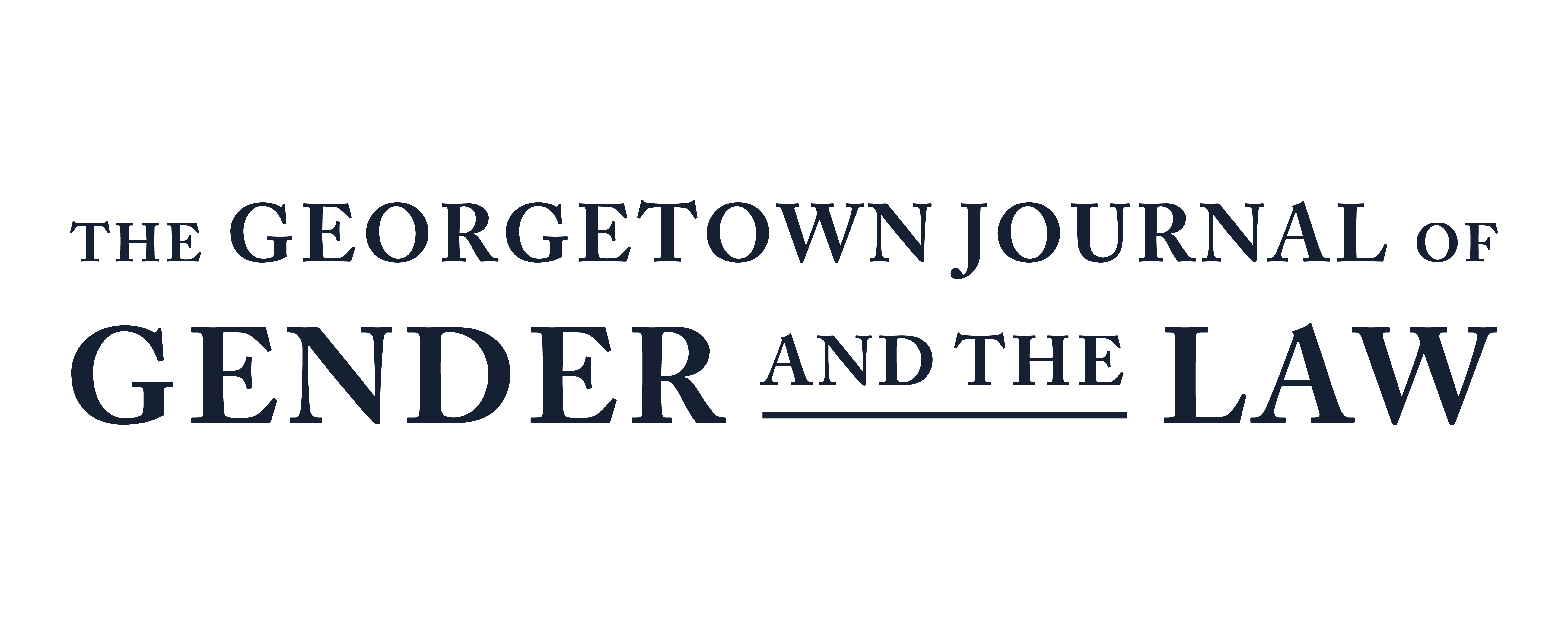Religious Exemptions
The First Amendment protects the free exercise of religion; when religious beliefs conflict with laws prohibiting discrimination based on sex or sexual orientation, courts must balance freedoms of religion, association, and speech with the government’s interest in a more equal society. Organizations are sometimes exempted from anti-discrimination laws on religious grounds, allowing them to fre, exclude, or deny services to women and members of the LGBT community. In 1993, Congress responded to the Supreme Court’s refusal to strike down a law prohibiting the use of peyote, even for religious purposes, by passing the Religious Freedom Restoration Act (RFRA). RFRA created a two-prong balancing test: the government must not substantially burden a person’s exercise of religion unless (1) it is in furtherance of a compelling government interest and (2) it uses the least restrictive possible means of furthering that interest. RFRA does not discuss the ministerial exception, which “precludes application of such legislation to claims concerning the employment relationship between a religious institution and its ministers.” The exception was expanded by the 2020 decision in Our Lady of Guadalupe School v. Morrisey-Berru.
Part II of this Article traces the development of religious exemptions through major cases involving public accommodations laws. Part III reviews the ministerial exception. Part IV explores cases involving private businesses and religious exemptions. Parts V and VI discuss religious exemptions to providing healthcare and housing, respectively. Finally, Part VII provides a conclusion and forecasts the future development of the law in this area.
Religious Exemptions
